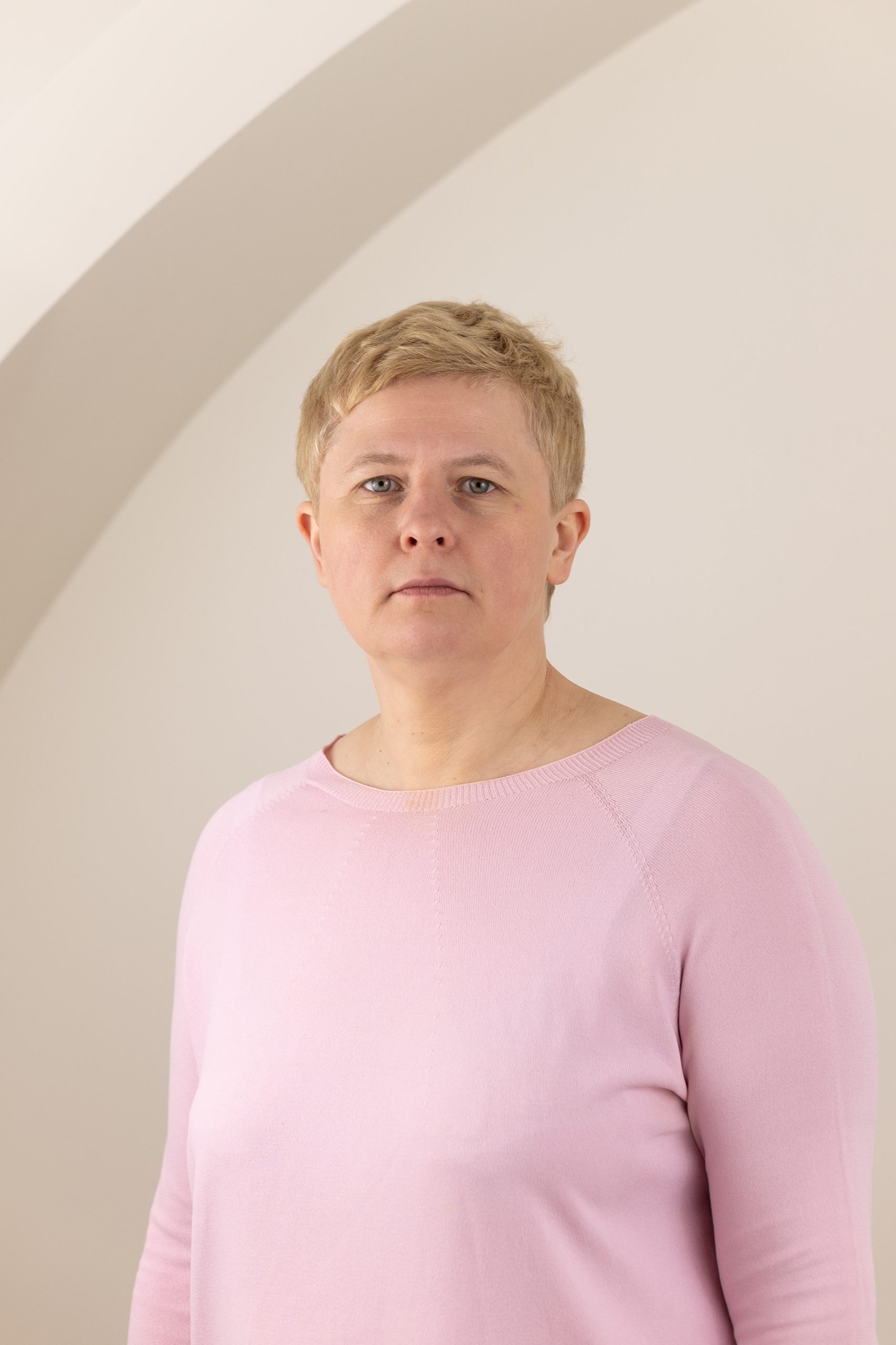Department of International Relations
Department of International Relations at the Institute of International Relations and Political Science of Vilnius University is a place where individual and joint research within the framework of international relations discipline is being carried out and evaluated; academic events and discussions on the issues of international relations are being held.
The main goal of the Department is to bring together researchers working on the Department’s research themes, to maintain a community of scholars, and to create a space for collaborative research projects, discussions and ideas.
Researchers in the Department work in the fields of foreign policy analysis, security studies, conflict analysis, international political economy, international law, analysis of political regimes and their changes, analysis of identity processes, historical memory studies, media analysis, and border studies.
Key research areas of the Department
The research of the majority of the members of the Department can be divided into five areas:
Foreign, security and defence policy of Lithuania (and the Baltic States) and its security environment
- Lithuanian foreign policy and identity
- Dilemmas in defence and security policy
- Research on the processes of securitisation
- Development and application of small states theories
Analysis of global processes, international and regional structures, world order, and theoretical discussions on international relations
- Debates on world order
- Competition between major (and rising) powers and implications for the evolution of the system and other actors in international relations
- Technological developments and implications for the dynamics of international relations
- The role of international law
- The evolution of European security policy
Studies on the development and processes of Eastern and Central European countries
- Includes research on Russia, Ukraine, Batarussia, Moldova, the South Caucasus, Visegrad and the Western Balkans.
- Belarusian researchers at VU TSPMI are united by the research group on Belarus
- Unrecognised territorial formations
- Implications of the war in Ukraine for European security
- Security dilemmas in the Baltic Sea region
The operation of media, historical, informational processes in international politics
- The role of media in the foreign, historical, security and defence policy of states
- Research on information, disinformation and propaganda
- Analysis of historical memory, research on the politics of history
- Reconciliation issues
Dynamics of the “new” world regions
- Covers Asia (East, South, South-East, Central), the Middle East, Latin and Central America.
- These researchers are united by the Asia, Africa and Latin America Studies Research Group
Planned activities and objectives
For the next triennium, we have three objectives and activities planned:
1. An active and sharing department
To build a constructive, creative group of researchers by strengthening the department’s internal relations, sharing ideas, research drafts and other valuable academic experiences. To this end, internal departmental events are organised: a) presentations of articles, research ideas, drafts (including dissertations); b) “TS Department reads” meetings; c) skills and practical meetings, sharing of experiences
2. Initiating joint research projects
Encourage scientific collaboration between researchers and focus research on specific themes and activities in order to better target and develop joint research themes and research projects.
Three research groups have been established in the Department in the period 2021-2024, involving researchers from other departments of the IIRPS:
a) Politics of technology research group;
b) Research group on afterness;
c) Asia, Africa and Latin America Studies Research Group
Three collective projects involving members of the Department are currently underway:
a) A Quantitative and Causal Analysis of NATO Allies’ Defence Spending: A Comprehensive Investigation into the Free Riding Phenomenon (led by Ringailė Kuokštytė, together with Denis Ivanovas, Vainius Indilas, Vytautas Kuokštis);
b) In Search for Recognition: Lithuanian Foreign Policy 2015-2024 (led by Dovilė Jakniūnaitė, with Justinas Lingevičius, Pijus Petrošius, Valentinas Beržiūnas);
c) Factors and Actors Contributing to the Willingness to Defend One’s Own Country: the Case of Latvia, Lithuania and Taiwan (with Deividas Šlekys, project leader Ainė Ramonaitė).
Thomas Peak is implementing an individual postdoctoral project on the Language(s) of War, Tatsiana Chulitskaya has recently started a networking project on The Belarus Research Network on the Neighbourhood Policy.
3. Dissemination of research and expertise in and about Lithuania
Disseminate the results of our research and strengthen inter-institutional and international cooperation with colleagues (including the promotion of our research).








